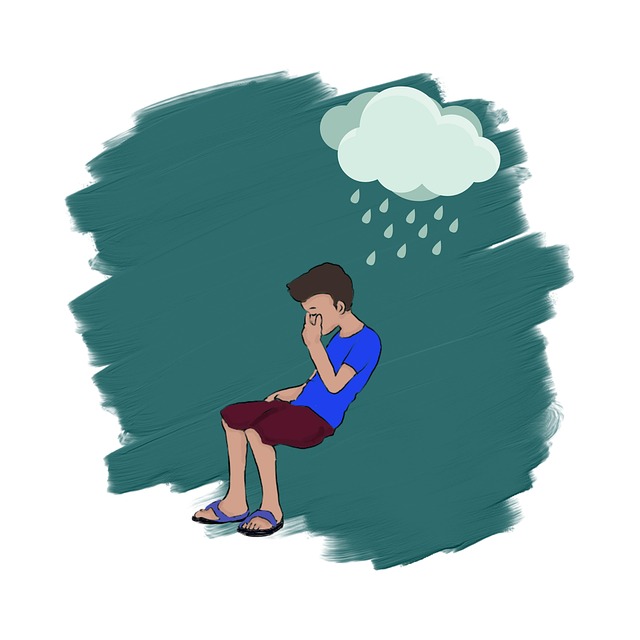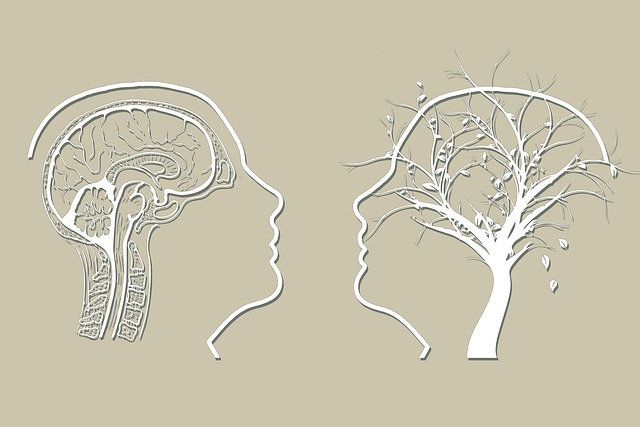Integrating Therapy for Children Crisis Counseling into public awareness campaigns addresses mental health challenges in kids, normalizes discussions, reduces stigma, and equips them with coping mechanisms like mindfulness. These evidence-based methods promote emotional well-being, resilience, and self-care through early intervention and compassionate support. Effective messaging combines relatable narratives, solutions-focused language, and hope, highlighting therapy's benefits for holistic development. Implementing these initiatives within community outreach programs provides crucial support to vulnerable children, fostering positive thinking and long-term recovery.
In today’s complex social landscape, public awareness campaigns play a pivotal role in addressing critical issues like children’s crisis counseling. This article delves into the essential components for developing effective therapy-focused initiatives. We explore strategies that harness the power of compelling messages to engage the public. By understanding the foundation of children’s crisis counseling, we can implement and measure impactful campaigns that foster healing and support for our youngest individuals in need. Key focus areas include leveraging Therapy for Children Crisis Counseling as a game-changer in community outreach.
- Understanding Children's Crisis Counseling: The Foundation of Effective Campaigns
- Strategies for Crafting Compelling Public Awareness Messages
- Implementing and Measuring the Impact of Therapy-Focused Initiatives
Understanding Children's Crisis Counseling: The Foundation of Effective Campaigns

In the realm of public awareness campaigns, understanding Children’s Crisis Counseling forms the bedrock of successful and impactful initiatives. This therapeutic approach is pivotal in addressing the mental health challenges that children often face, be it acute trauma or persistent anxiety. By integrating Therapy for Children Crisis Counseling, campaign developers can ensure their messages resonate with young audiences, fostering a sense of safety and emotional well-being. The focus on early intervention and compassionate support helps normalize discussions around mental health, encouraging open conversations and reducing the stigma associated with seeking help.
Children’s Crisis Counseling goes beyond immediate crisis management; it encompasses strategies for anxiety relief, such as mindfulness techniques and compassion cultivation practices, which can be seamlessly integrated into campaign materials. These evidence-based methods not only equip children with coping mechanisms but also foster resilience, enabling them to navigate life’s challenges more effectively. In light of the growing emphasis on Mental Health Awareness, Children’s Crisis Counseling serves as a powerful tool, ensuring that public awareness campaigns are both effective and sensitive to the unique needs of young individuals.
Strategies for Crafting Compelling Public Awareness Messages

Crafting compelling public awareness messages requires a strategic approach that resonates with the target audience. When addressing sensitive topics like children’s crisis counseling and therapy, it’s crucial to balance information with emotional appeal. Start by identifying the core message—for instance, highlighting the importance of early intervention for mental health issues in children. This can be effectively communicated through relatable narratives or personal stories that reflect real-life scenarios.
Incorporate solutions-focused language to offer hope and practical steps. Emphasize the benefits of therapy and counseling as tools for enhancing emotional well-being, promoting healthy coping mechanisms, and fostering resilience. Promote self-care practices like mindfulness and stress management techniques alongside professional support to encourage a holistic approach to mental health. Additionally, using phrases like “confidence boosting” can subtly reinforce the positive impact on children’s overall development.
Implementing and Measuring the Impact of Therapy-Focused Initiatives

Implementing therapy-focused initiatives is a powerful strategy to address public health concerns and promote emotional healing processes within communities. These campaigns often target vulnerable populations, such as children experiencing crisis situations. By integrating counseling services into community outreach programs, mental health professionals can offer timely support and guidance. The impact of these initiatives is profound, as they not only alleviate immediate distress but also equip individuals with coping mechanisms for future challenges.
Effective measurement of success is crucial to understanding the long-term benefits. Risk assessment tools play a vital role in gauging the effectiveness of therapy for children in crisis counseling settings. By regularly evaluating the outcomes, mental health professionals can refine their approaches, ensuring that interventions are tailored to meet the unique needs of each individual. Moreover, fostering positive thinking and resilience is an integral part of these therapeutic campaigns, enabling participants to rebuild their lives with hope and confidence.
Public awareness campaigns play a pivotal role in educating communities about children’s crisis counseling, the essence of effective support systems. By understanding the foundational principles and employing compelling messaging strategies, we can create initiatives that resonate with audiences. Implementing therapy-focused approaches and meticulously measuring their impact ensures that these campaigns not only raise awareness but also foster meaningful change, ultimately enhancing the well-being of vulnerable children. This holistic approach to public education is key to revolutionizing crisis counseling accessibility and saving lives.








